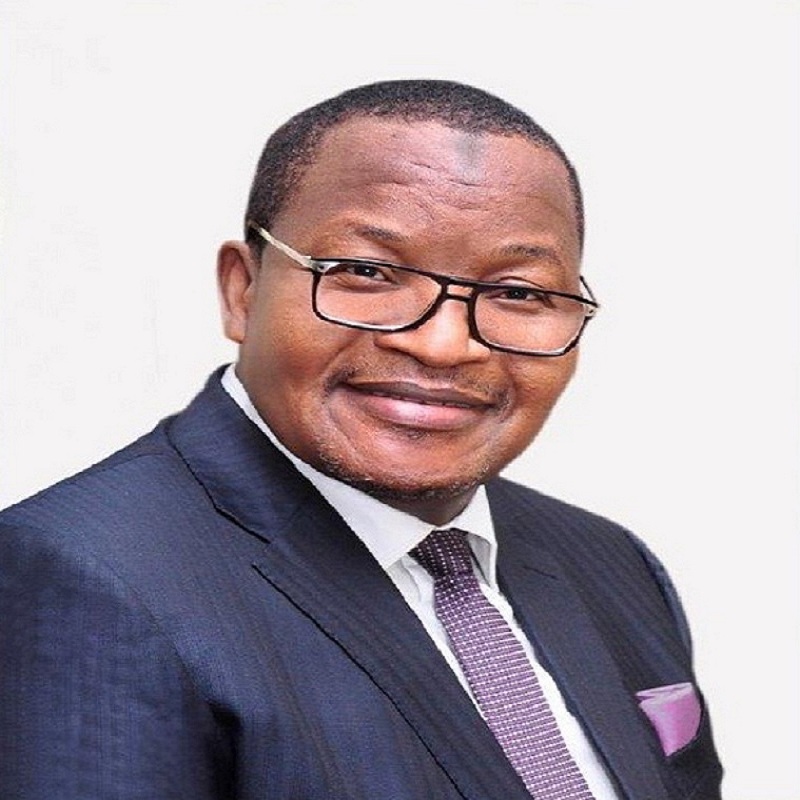Nigeria has recorded over 50,000 cases of major destruction to telecom infrastructure and facilities in the past five years, raising alarm over the implication of these incidents to the quality of telecommunications services in the country.
Executive Vice Chairman of the Nigerian Communications Commission (NCC), Prof. Umar Danbatta, disclosed this at the 2022 edition of the Youth Civil Society and Stakeholders Summit (YCSSS), which took place midweek at the Army Resource Centre, Abuja.
He expressed worry over how the incidents have continued to affect the Quality of Experience, (QoE), of consumers, and called for concerted efforts by the members of the public, and security agencies, to stem the tide.
Danbatta, who spoke through the Head, Corporate Communication Unit of the Commission, Mrs. Nnenna Ukoha, said the negative impacts of incessant vandalism of telecom equipment, evidenced in fibre cuts, theft of telecom facilities like generators at sites, vandalism of base stations, among other vices, have become a major burden on the service providers, while telecom consumers have continued to suffer unwarranted disruptions of their hard-earned services.
“The impact of vandalism of infrastructure is felt by all in the quality of services rendered, as it results in increasing drop calls, data and Internet connectivity disruptions, aborted and undelivered short messaging services (SMS), as well as countless failed calls,” he said.
The NCC‘s Chief Executive Officer said that considering the well-known fact that the ability to connect and communicate is fundamental to human existence, improvement in business processes, government services, education, as well as social and family networking through seamless connections, every community should get involved in protecting the critical infrastructure that makes these services possible.
“Therefore, as a community, you are expected to report cases of vandalism of telecoms infrastructure to the nearest law enforcement agencies such as the Police, Nigeria Security and Civil Defence Corps, and also share adequate information received from NCC with your family, friends, and neighbours.
“We believe, with your cooperation as critical stakeholders in the telecoms sector, we can all work with the law enforcement authorities in protecting telecom infrastructure in your community,” Danbatta stated while emphasising the role of the communities in protecting critical national assets.

